-
Question of
The Roman King of the Gods

-
Jupiter
-
Zeus
Correct Wrong
The Roman king of the gods is Jupiter, while Zeus is the Greek king of the gods. They’re essentially the same deity but from different mythologies! Jupiter was not only the god of the sky and thunder but also the protector of Rome itself. The ancient Romans believed that Jupiter watched over their city and empire, and they built a massive temple in his honor on Rome’s Capitoline Hill. They even held special festivals called the Ludi Romani (Roman Games) in his honor, which included chariot races, gladiator fights, and feasts. Imagine throwing a huge party just to keep your god happy!
-
-
Question of
The Greek Goddess of Marriage
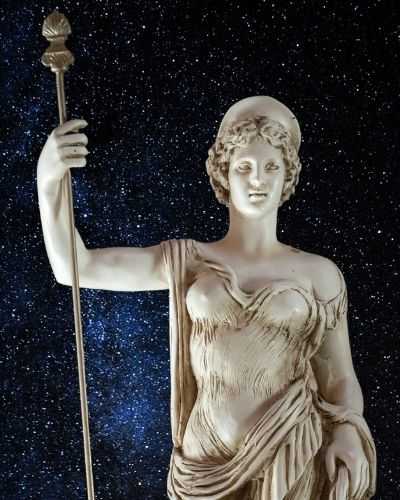
-
Hera
-
Juno
Correct Wrong
The Greek goddess of marriage is Hera, while Juno is her Roman counterpart. Hera was not only the goddess of marriage but also fiercely protective of married women. However, she had a bit of a reputation for being jealous and vengeful, especially toward her husband Zeus’s many lovers and their children. One famous story involves her sending two snakes to attack the infant Hercules, Zeus’s son with a mortal woman. But don’t worry—baby Hercules was so strong that he strangled the snakes with his bare hands!
-
-
Question of
The Roman God of the Sea
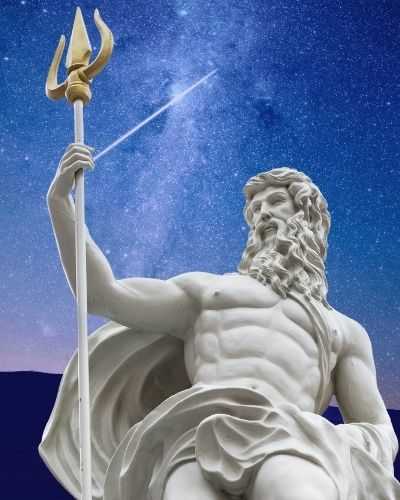
-
Neptune
-
Poseidon
Correct Wrong
The Roman god of the sea is Neptune, while Poseidon is his Greek counterpart. Neptune wasn’t just the god of the sea—he was also associated with freshwater and horses! The Romans believed he could calm or stir the oceans with his mighty trident (a three-pronged spear). In fact, they held a festival called the Neptunalia in his honor every July, where people would celebrate by building huts near water sources and enjoying feasts and games.
-
-
Question of
The Greek Goddess of Love
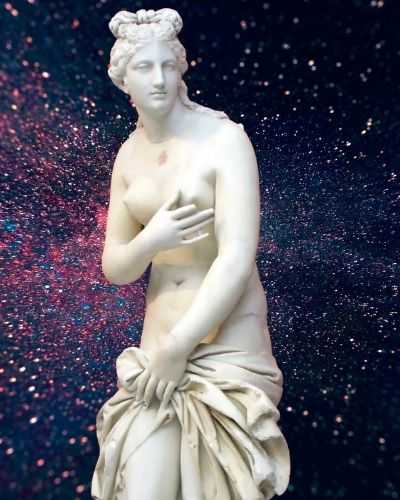
-
Aphrodite
-
Venus
Correct Wrong
The Greek goddess of love is Aphrodite, while Venus is her Roman counterpart. According to Greek mythology, Aphrodite was born from sea foam! The story goes that when the Titan Cronus cut off his father Uranus and threw his body into the sea, the foam from the waves created Aphrodite. She then emerged from the water on a giant seashell, fully grown and breathtakingly beautiful. This iconic image of her birth has inspired countless works of art, including the famous painting The Birth of Venus by Botticelli.
-
-
Question of
The Roman God of the Underworld
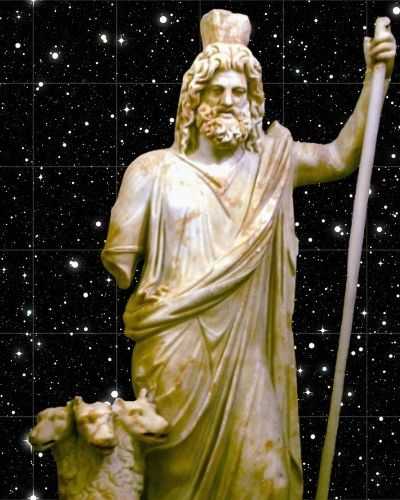
-
Pluto
-
Hades
Correct Wrong
The Roman god of the underworld is Pluto, while Hades is his Greek counterpart. Pluto wasn’t just the god of the underworld—he was also associated with wealth and precious metals! The Romans believed that since gems and metals came from deep within the earth, they were under Pluto’s control. This is why his name is also the root of the word “plutocracy,” which means a society ruled by the wealthy. So, while Pluto ruled the land of the dead, he also had a shiny side!
-
-
Question of
The Greek God of Fire and Metalworking
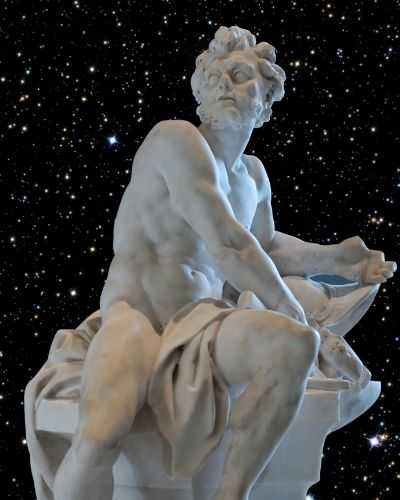
-
Hephaestus
-
Vulcan
Correct Wrong
The Greek god of fire and metalworking is Hephaestus, while Vulcan is his Roman counterpart. Hephaestus was known as the divine blacksmith and craftsman of the gods, creating incredible weapons, armor, and even automatons (ancient robots!). Despite being thrown off Mount Olympus by his mother Hera for being born lame, he became one of the most respected gods because of his unmatched skills. He even built golden handmaidens to help him in his forge—basically the ancient Greek version of AI assistants!
-
-
Question of
The Roman Goddess of the Harvest
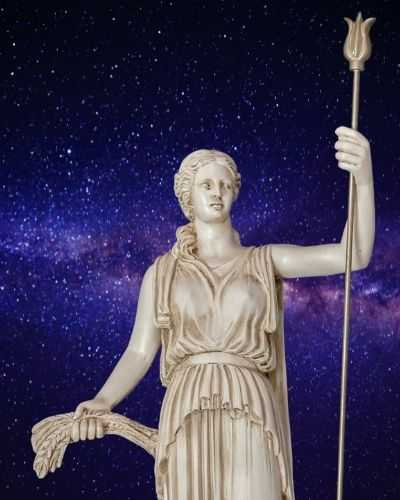
-
Ceres
-
Demeter
Correct Wrong
The Roman goddess of the harvest is Ceres, while Demeter is her Greek counterpart. Ceres was so important to the Romans that they named the cereal grains after her! She was the goddess of agriculture, grain, and fertility, and her festivals, called the Cerealia, were celebrated with games, feasts, and rituals to ensure a good harvest. One unique tradition involved tying lit torches to the tails of foxes and releasing them into the Circus Maximus—a symbolic act to protect crops from pests. The word "cereal" comes directly from her name!
-
-
Question of
The Greek God of Music and Medicine

-
Apollo
-
Hercules
Correct Wrong
The Greek god of music and medicine is Apollo! Apollo was a multi-talented god—he was not only the god of music, medicine, and healing but also the god of the sun, prophecy, and archery. He was said to play the lyre so beautifully that even the stars would stop to listen.
-
-
Question of
The Roman Goddess of Wisdom and War
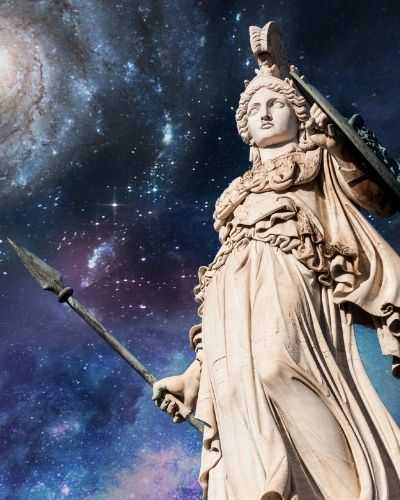
-
Minerva
-
Athena
Correct Wrong
The Roman goddess of wisdom and war is Minerva, while Athena is her Greek counterpart. Minerva wasn’t just about wisdom and war—she was also the goddess of crafts, trade, and strategic warfare. She was often depicted with an owl, which became a symbol of wisdom. The Romans even celebrated her in a festival called Quinquatrus, where artisans, teachers, and students would honor her with games and performances.
-
-
Question of
The Greek Goddess of the Hunt
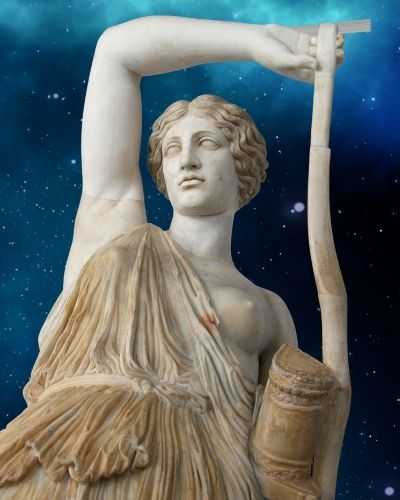
-
Artemis
-
Diana
Correct Wrong
The Greek goddess of the hunt is Artemis, while Diana is her Roman counterpart. Artemis was not only the goddess of the hunt but also the protector of young girls, wild animals, and the wilderness. She was known for her incredible archery skills and her independence—she famously asked her father, Zeus, for eternal virginity and a bow and arrow so she could roam the forests forever. She was also associated with the moon, often depicted with a crescent moon crown. One of her most famous myths involves turning the hunter Actaeon into a stag after he accidentally saw her bathing, and then his own hunting dogs chased him down!
-
-
Question of
The Roman God of War
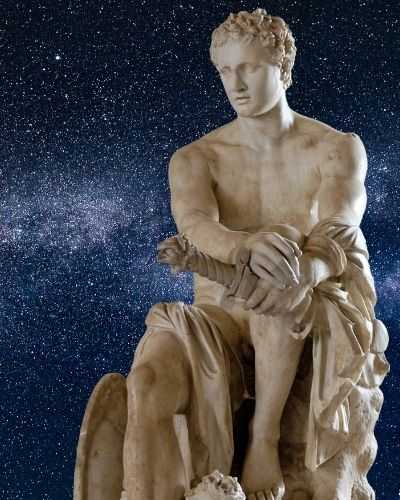
-
Mars
-
Ares
Correct Wrong
The Roman god of war is Mars, while Ares is his Greek counterpart. Mars was one of the most important gods in Roman mythology—even more respected than Ares was in Greek mythology. While Ares was often seen as chaotic and bloodthirsty, Mars was considered a more disciplined and strategic god of war. He was also associated with agriculture and fertility, making him a protector of Rome’s people and land. The Romans named the month of March (Latin: Martius) after him, as it marked the beginning of the military campaign season. Plus, Mars was said to be the father of Romulus and Remus, the legendary founders of Rome!
-
-
Question of
The Greek Messenger of the Gods

-
Hermes
-
Mercury
Correct Wrong
The Greek messenger of the gods is Hermes, while Mercury is his Roman counterpart. Hermes was known for his speed and cleverness, and he had some pretty cool accessories! He wore winged sandals (called talaria) and a winged hat (called petasos) that allowed him to zip around the world delivering messages for the gods. He was also the god of travelers, thieves, and commerce—basically, the ultimate multitasker!
-
-
Question of
The Roman God of Wine
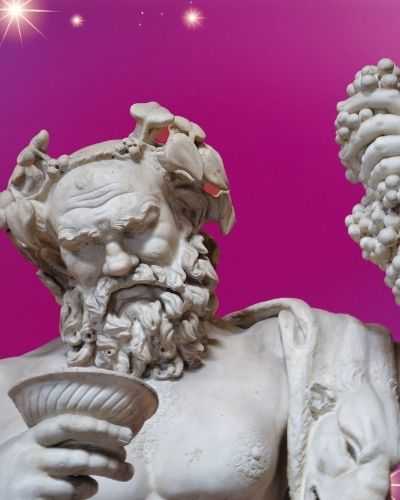
-
Bacchus
-
Dionysus
Correct Wrong
The Roman god of wine is Bacchus, while Dionysus is his Greek counterpart. Bacchus was the life of the party! He was the god of wine, fertility, and theater, and his festivals (called Bacchanalia) were wild, raucous celebrations filled with dancing, music, and, of course, lots of wine. These festivals were so wild that the Roman Senate actually tried to ban them at one point because they got out of hand! Bacchus was also associated with freedom and breaking social norms, making him a favorite among the common people.
-
-
Question of
Greek Goddess of the Hearth and Domestic Life
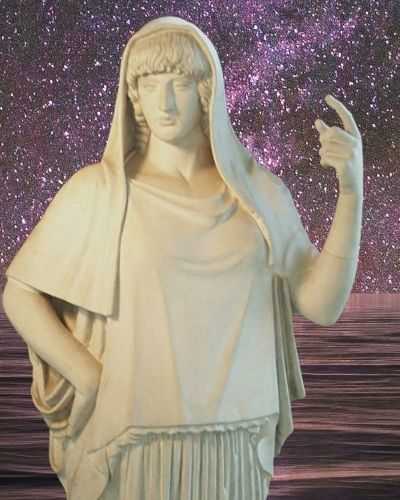
-
Hestia
-
Vesta
Correct Wrong
The Greek goddess of the hearth and domestic life is Hestia, while Vesta is her Roman counterpart. Hestia was one of the most respected and beloved goddesses in Greek mythology, even though she’s less well-known than some of the flashier Olympians. She was the goddess of the hearth, home, and family, and every household had a sacred hearth dedicated to her. In ancient Greece, the hearth fire was never allowed to go out because it symbolized the heart of the home and community. Hestia was so peaceful and kind that she gave up her seat on Mount Olympus to Dionysus to avoid conflict.
-